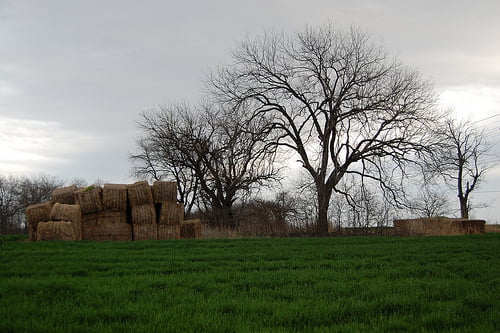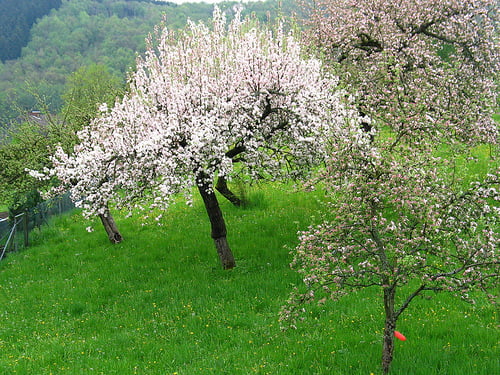The Scent of the English Garden
An English cottage garden can be touchingly beautiful not just for the reason that it usually contains such a proliferation of bright color in its flowers, herbs and vegetables, but also because the intoxicating scent of many of those flowers touch our sense of comfort and warmth in a deep way.
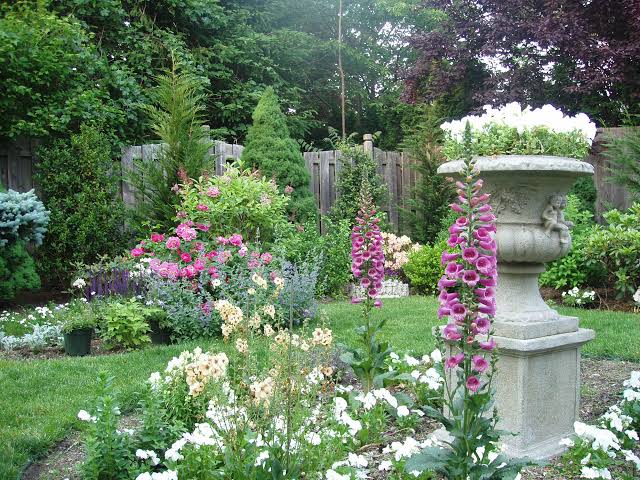
Walk along any English garden path at the back of a humble English cottage, and you should experience aromas and scents at every turn – roses, lavender, thyme, all mixed in with the heady scent of cut grass.
An English garden at a cottage is mainly its roses. There are rambling roses covering the house in their brambly beauty, and real roses all over.
These are varieties that have been raised in homes for millennia for their scent, and they never let a garden down. The roses with the deepest scent are known by the name ‘old roses’. As the summer grows warmer, their scent gets abroad and fairly oppresses the air.
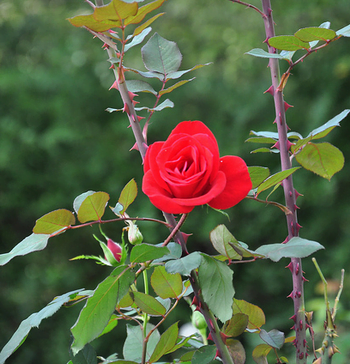
The American Beauty and the Hybrid Tea rose are two of the most popular ones for an English garden design. Etoile de Hollande would be a great pick.
Make sure that you don’t leave out the staple of every English rose garden, the Sweetbriar. The specialty of Sweetbriar is that the scent is not in the flowers.
Its sense is distinctive too – of apples, rather than roses. When it rains, the water droplets catch the scent and everything smells wonderfully fresh.
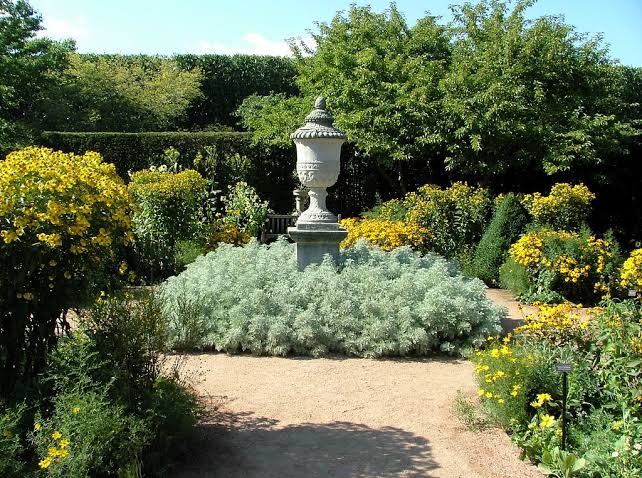
Gilliflowers or Pinks are another absolute staple of the English garden. Botanists know them by the name Dianthus, a catchall term that includes hundreds of species that grow in most kinds of weather.
The variety most of English cottages grow is the cheddar pink and the Carnation. The scent is something heavenly. About the most identifiable smell of the English garden next to the roses comes from the night jasmine.
There is a heavily beautiful exotic Eastern scent they put out at night, especially white jasmine. To grow jasmine successfully though, you need a garden that is well protected from winds.
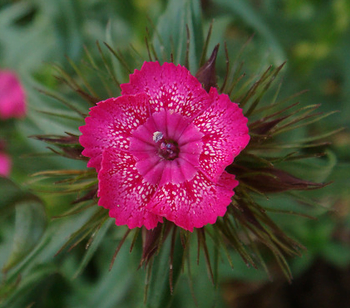
The idea of the English garden is that flowers perform a role in form as well as function. They’re supposed to be spread all over the garden, not just in the flowerbeds.
If many plants of a variety were bunched together in one place, their scent would be too strong. The effect that the English garden goes for usually is one of changing smells as one move up and down the paths.
Spread the flowers all around the garden and the effect you achieve should be priceless.



